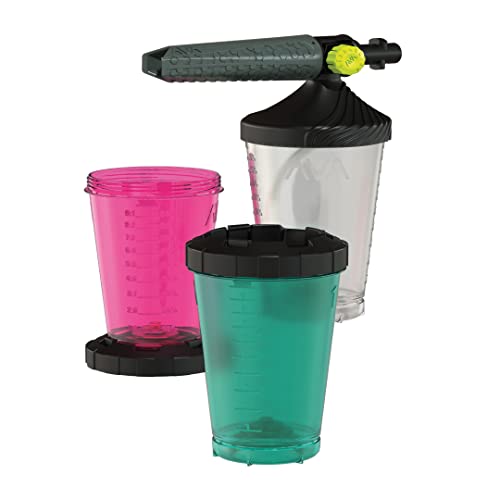

For optimal performance with your cleaning apparatus, I strongly recommend using a product specifically designed for these machines, such as a biodegradable solution that is safe for various surfaces. A highly rated brand I frequently turn to is Simple Green, known for its eco-friendly formulations that effectively cut through grime without harsh chemicals. This provides peace of mind for both users and the environment.
Another standout option is Karcher Concentrated Cleaner, particularly popular among users for its ability to tackle tough stains while being gentle on surfaces. Its concentrated formula means a little goes a long way, making it a cost-effective choice. Simply mix it according to the manufacturer’s instructions, and watch how it transforms the cleaning process.
Additionally, Zep is a strong contender, especially for heavy-duty tasks. Its cleaning agents are powerful enough to remove oil and grease, making it ideal for automotive or industrial applications. Ensure that you check compatibility with your specific equipment model before use, as this will help avoid any potential damage.
Using the right cleaning agent not only improves efficiency but also enhances the longevity of your tools, allowing you to tackle all your cleaning tasks with confidence. Selecting a high-quality product tailored for your equipment will yield the best results and reduce the need for extensive scrubbing.
Understanding Pressure Washer Soaps
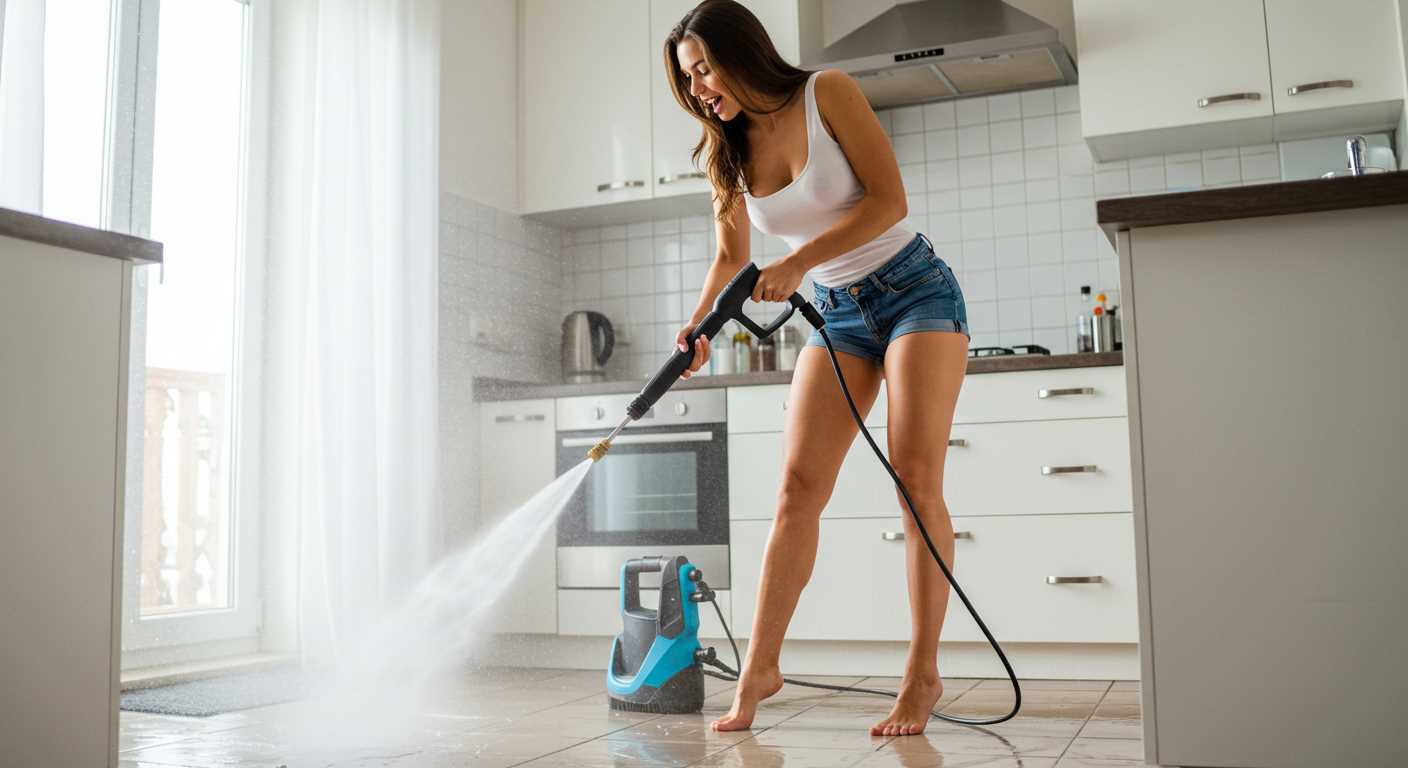
In my experience, selecting the right cleaning agent dramatically affects the outcome of any outdoor cleaning task. For most applications, I recommend concentrated formulas designed specifically for high-pressure cleaning systems. These products penetrate deeply into dirt and grime, ensuring thorough removal.
Types of Formulations
Opt for biodegradable options that are gentle on surfaces and the environment. Many products come in various formulations tailored to specific tasks; for example, a formula for removing mildew or algae will yield superior results on decks and patios. Additionally, glass and window cleaners have special additives that prevent streaking, making them ideal for surfaces like glass and mirrors.
Usage Tips
Always follow manufacturer instructions regarding dilution ratios. Over-concentration can leave residues that attract dirt or damage surfaces. For optimal results, apply the cleaning agent through a low-pressure soap nozzle, allowing it to dwell for a few minutes before rinsing off with high pressure. This method enhances cleaning efficiency and ensures a spotless finish.
Types of Cleaning Agents Appropriate for High-Pressure Equipment
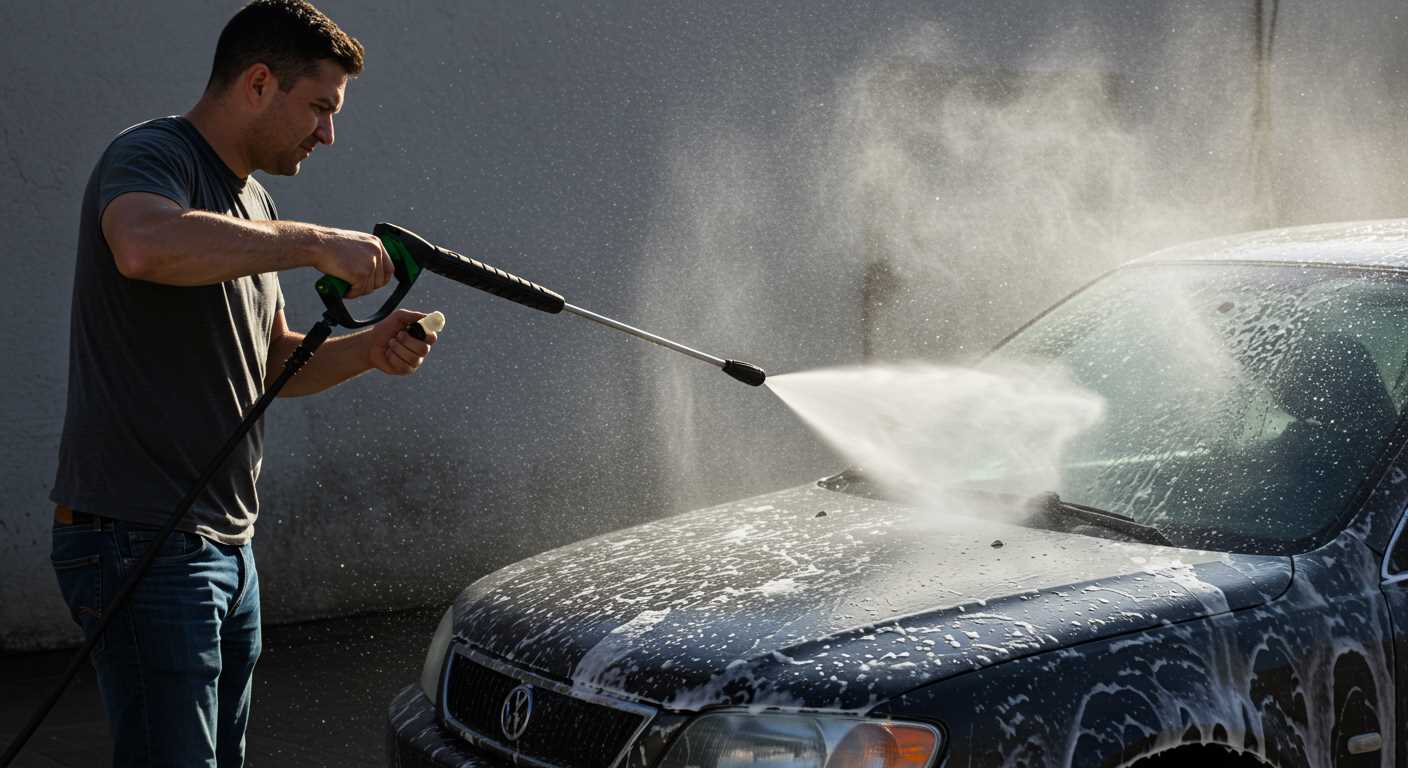
For optimal results with high-pressure apparatus, I recommend using biodegradable formulations specifically designed for outdoor surfaces. These eco-friendly options break down grease and grime without harming the landscape.
Flat Surface Cleaners
Ideal for driveways and patios, flat surface cleaners contain powerful degreasers. They effectively eliminate oil stains and embedded dirt. Just be cautious to select a variant safe for the surface material you’re addressing.
Car Wash Solutions
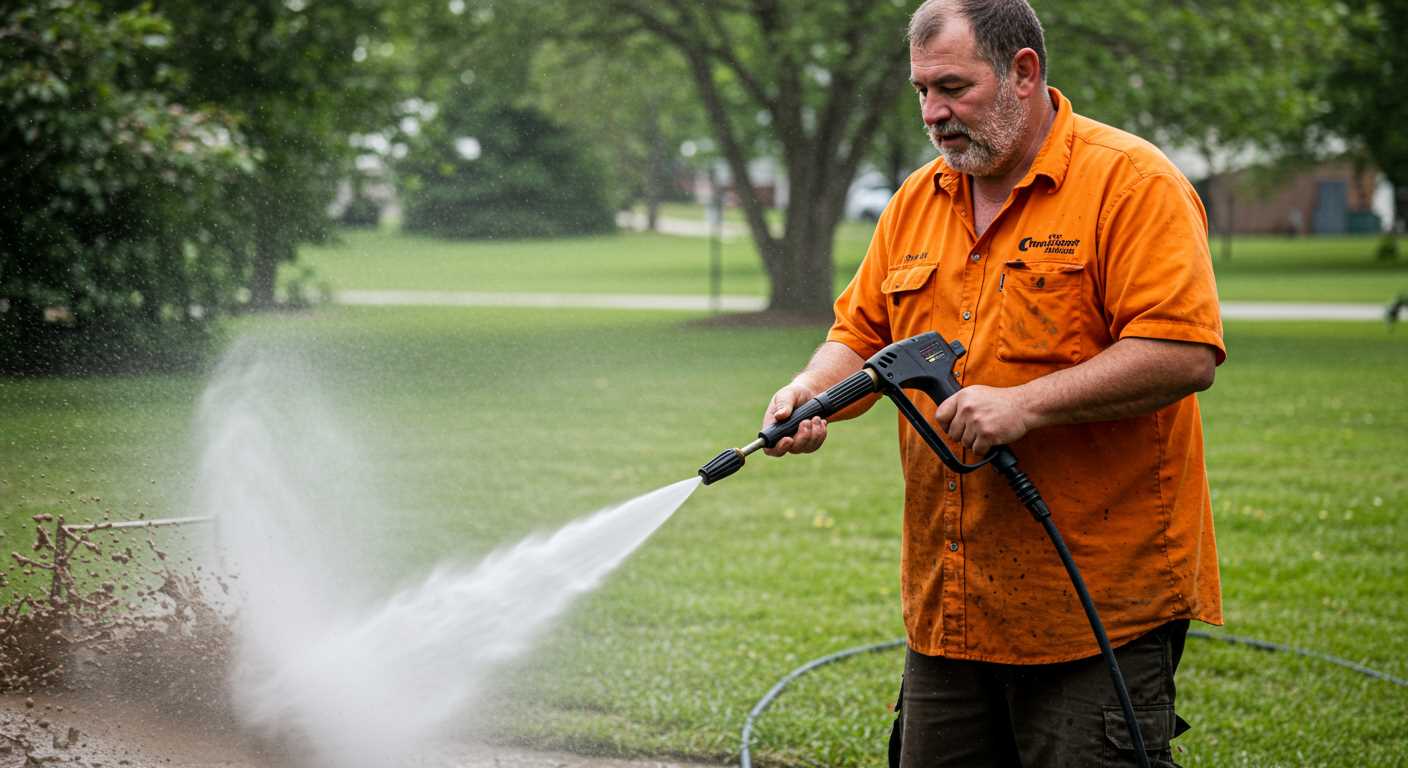
When tackling vehicles, select pH-balanced cleaners that are gentle on paint yet tough on muck. These products produce a thick foam, allowing for thorough cleaning without scratches. Look for options that are specifically labelled for automotive use.
For decks and patios, opt for wood-safe compounds that maintain the integrity of the material while stripping away mildew and algae. Such products ensure a clean finish, enhancing the longevity of your outdoor surfaces.
Exploring various formulations tailored for specific surfaces can significantly enhance performance and preserve the materials being cleaned. Each type has its unique benefits, ensuring you achieve the desired cleanliness while safeguarding your investments.
pH Levels and Their Importance in Soap Selection
When selecting a cleaner for your devices, consider the pH level carefully. Cleaners typically fall into three categories based on pH: acidic, neutral, and alkaline. Each type impacts various surfaces differently, so understanding their effects is essential for optimal performance.
Acidic solutions, with pH levels below 7, can effectively remove mineral deposits and rust. They are suitable for hard surfaces like brick and concrete. However, avoid using them on painted or sensitive materials, as they may cause damage.
Neutral products, around pH 7, are safe for all surfaces and ideal for general cleaning. They effectively eliminate dirt without risking harm to delicate finishes, making them versatile for multiple cleaning tasks.
Alkaline cleaners, with pH levels above 7, excel at breaking down grease, oils, and organic deposits. While highly effective on hard surfaces and equipment, they can damage painted surfaces and certain fabrics. Always test in an inconspicuous area first.
| pH Level | Type | Best Uses | Warnings |
|---|---|---|---|
| Below 7 | Acidic | Mineral deposits, rust | Avoid on painted surfaces |
| 7 | Neutral | General cleaning | Safe for all surfaces |
| Above 7 | Alkaline | Grease, oils | Avoid on delicate finishes |
In summary, matching the pH of your cleaner to the surface type ensures both effectiveness and safety. Assess the materials you’ll be cleaning and select accordingly to achieve the best results without damaging surfaces.
Common Mistakes When Choosing Pressure Washer Cleaning Agents
Choosing the wrong cleaning agent can lead to inefficient results and potential damage. Here are some frequent errors that I’ve observed over the years:
- Ignoring Compatibility: It’s essential to select a product that is compatible with your device. Some formulations can cause wear or breakdown in certain models.
- Poor pH Awareness: Selecting a product without checking its pH level may harm surfaces or equipment. Alkaline or acidic cleaners can react adversely with specific materials.
- Focusing Solely on Price: While it’s tempting to opt for the cheapest option, lower-cost agents often lack the potency or quality needed for effective cleaning. Investing in a reliable formulation often pays off.
- Neglecting Safety: Many individuals overlook safety warnings, such as the need for gloves or goggles. Proper protection is crucial, especially when handling concentrated mixtures.
- Using Household Cleaners: Common household products may not offer the same cleaning power and can leave residues that hinder the effectiveness of machines.
- Over-diluting or Under-diluting: The concentration matters. Following dilution instructions is key; both extremes can reduce effectiveness or lead to damage.
- Not Conducting a Spot Test: Neglecting to test on a small area before full application can result in unexpected surface reactions or discolouration.
- Assuming All Agents Are Eco-Friendly: Some formulations may contain harmful substances. Checking for environmentally safe options is advisable for both users and surrounding foliage.
Avoiding these pitfalls enhances efficiency and safeguards your equipment. My recommendation is always to invest time in researching quality options to achieve optimal results.
How to Properly Dilute Cleaning Agent for Pressure Washing

To achieve optimal results, I typically recommend a dilution ratio of 1:10 when mixing concentrated cleaning agents with water. This means one part of the cleansing product should be mixed with ten parts of water. Adjustments may be required depending on the specific formula and the surface being treated.
Use warm water for dilution where possible, as it can enhance the effectiveness of the cleaner. Always follow the manufacturer’s instructions on the label, as guidelines can vary significantly among different brands.
For stubborn stains or heavier build-up, a stronger solution may be necessary. In such cases, consider a 1:5 ratio for increased potency, but do not exceed the recommended concentration, as it could cause damage to delicate surfaces or equipment.
To ensure that you get an even mix, add the cleaner to water in a dedicated container rather than the other way around. This helps prevent foaming and allows for better integration of the solution.
Once mixed, test the solution on a small, inconspicuous area before applying it broadly. This guarantees compatibility with the surface while also revealing any adverse reactions.
Finally, always store unused mixture in a cool, dry place, ensuring it’s sealed to maintain its potency for future projects. Mixing smaller quantities can minimise waste and help maintain effectiveness over time.
Where to Purchase Quality Pressure Washer Soap
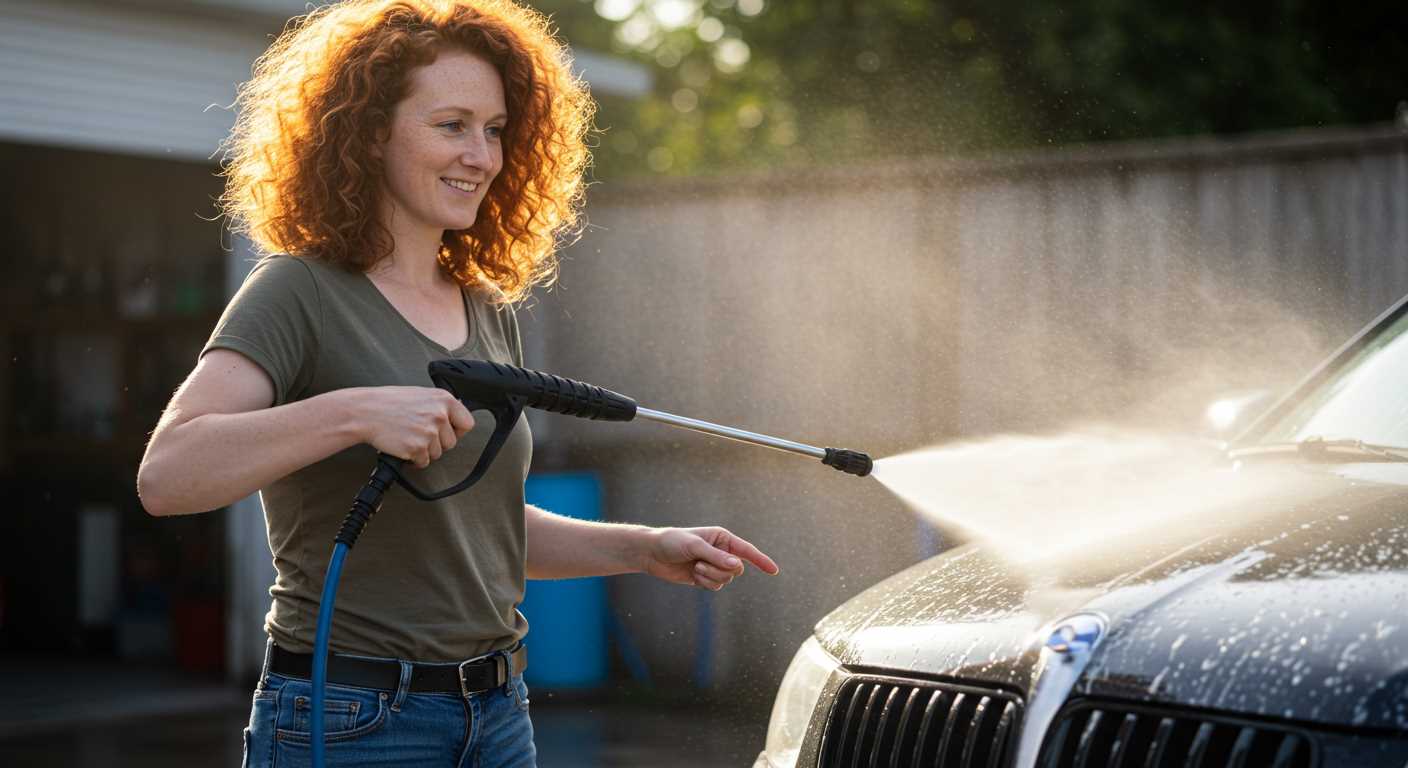
For obtaining high-quality cleaning agents, I consistently recommend checking specialized retailers that focus on outdoor and cleaning equipment. Websites like Amazon, Home Depot, and Lowe’s provide a wide array of options, often featuring customer reviews that offer insights into product performance.
Local Hardware Stores
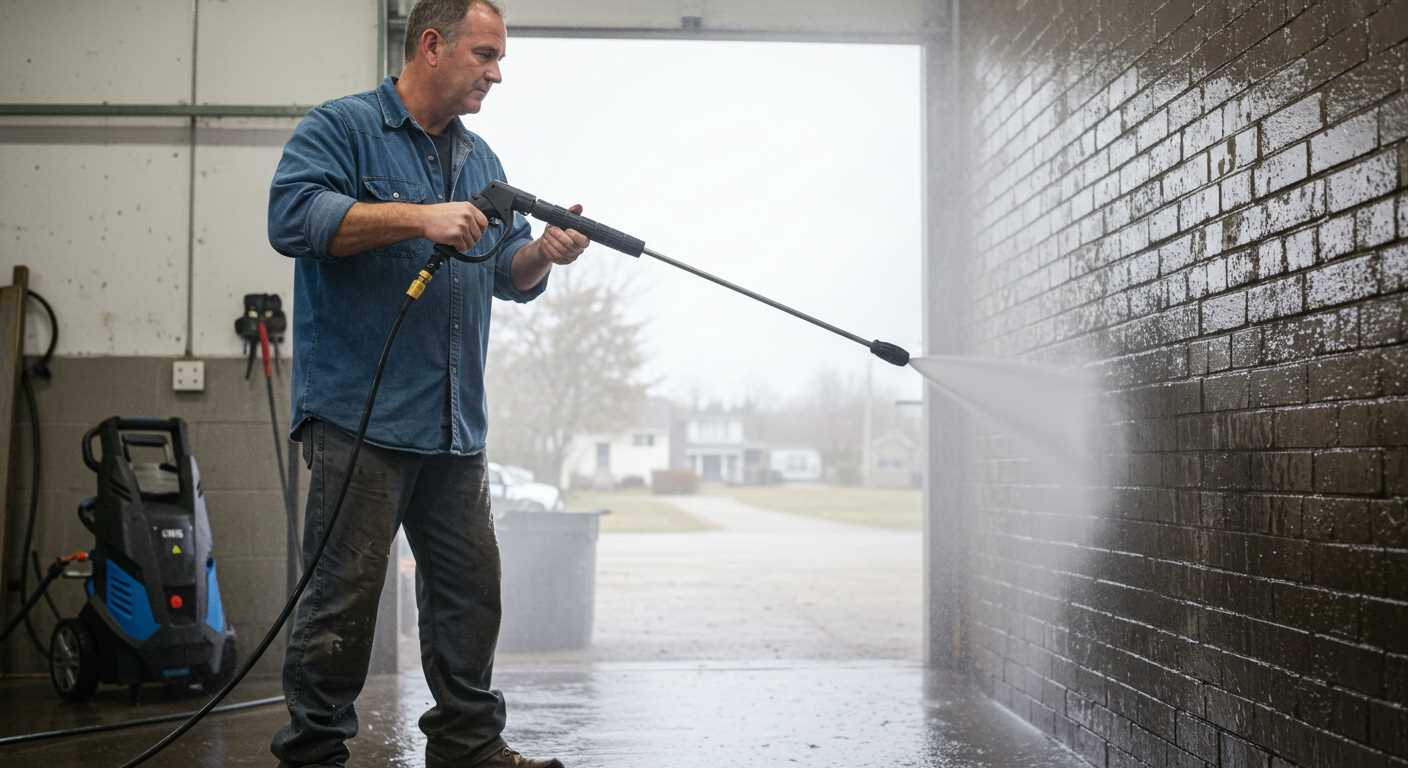
Local hardware stores are invaluable. They not only stock well-known brands but also provide the opportunity to consult with knowledgeable staff about specific needs. This hands-on experience allows for comparisons of various formulations and recommendations based on feedback from other customers.
Manufacturer Websites
Considering purchasing directly from manufacturer websites can be beneficial as well. Brands like Karcher and Simpson often list their complete product lines, including detergents specially formulated for their equipment. This ensures compatibility and optimal results during cleaning.
Additionally, don’t overlook online marketplaces that specialise in chemicals. They frequently offer bulk purchase options, which can save money if regularly cleaning large surfaces is part of your routine. Be sure to check for recommendations concerning pH levels and suitability for different materials to maintain longevity in surfaces being cleaned.
Lastly, I suggest joining cleaning equipment forums or social media groups. These platforms can provide real-world recommendations and tips from other enthusiasts and professionals, resulting in a more informed purchasing decision.


